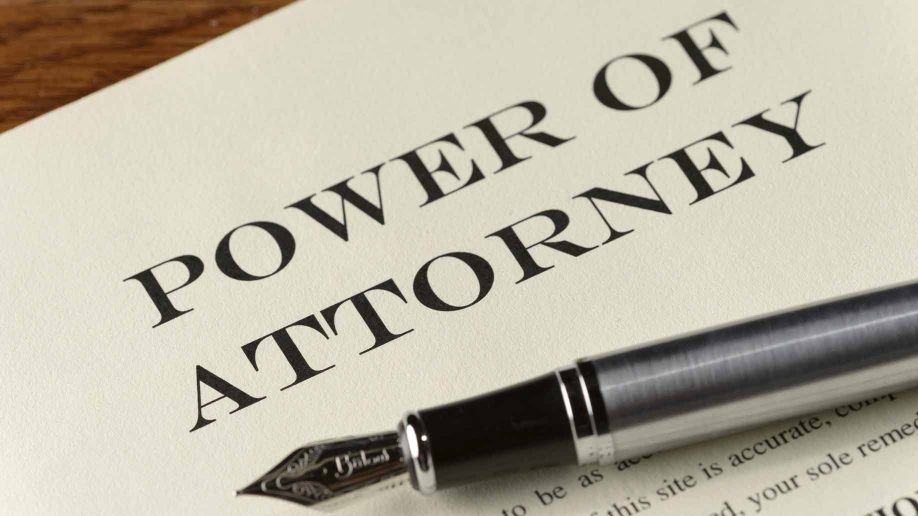The power of attorney is a legal document in which one person (the principal) appoints another person (the attorney-in-fact) to make personal and/or financial decisions on behalf of the principal. The main purpose of a power of attorney is to appoint someone to make decisions, sign documents and carry out other important acts when you are alive but unable to do so on your own. Powers of attorney provide valuable benefits to an estate plan when properly considered and drafted and can help to not only help the principal in times of need but also to avoid costly guardianship proceedings.
There seems to be a common misconception that if you become incapacitated that the executor named in your will may act on your behalf. This is incorrect. The executor does not have power over your financial assets until after your death. So whereas the executor of your will can carry out your wishes after your death, the power of attorney acts during your lifetime. During your lifetime the power of attorney can appoint someone to make decisions, sign documents and carry out other important acts on your behalf.
These decisions and the attorney-in-fact’s powers are bound by a set of legal rules called agency, which are specifically outlined in the power of attorney document. The powers can be adjusted to the principal’s current, future or potential needs. The powers can range from complete control or specific control. Generally, when planning for incapacity, broad powers are given to a trusted agent to prepare for unforeseeable circumstances as well as known concerns.
Many issues must be considered when drafting a power of attorney and tailoring it to a specific individual or family. For this reason, the advice of an attorney while drafting can help save on potential future costs as well as help explain the importance of each provision in the document so that you can better understand what powers you are giving and to whom.
If you have questions about power of attorneys or estate planning in general, please contact the estate law attorneys at Winslow & McCurry, PLLC at (804) 423-1382.
